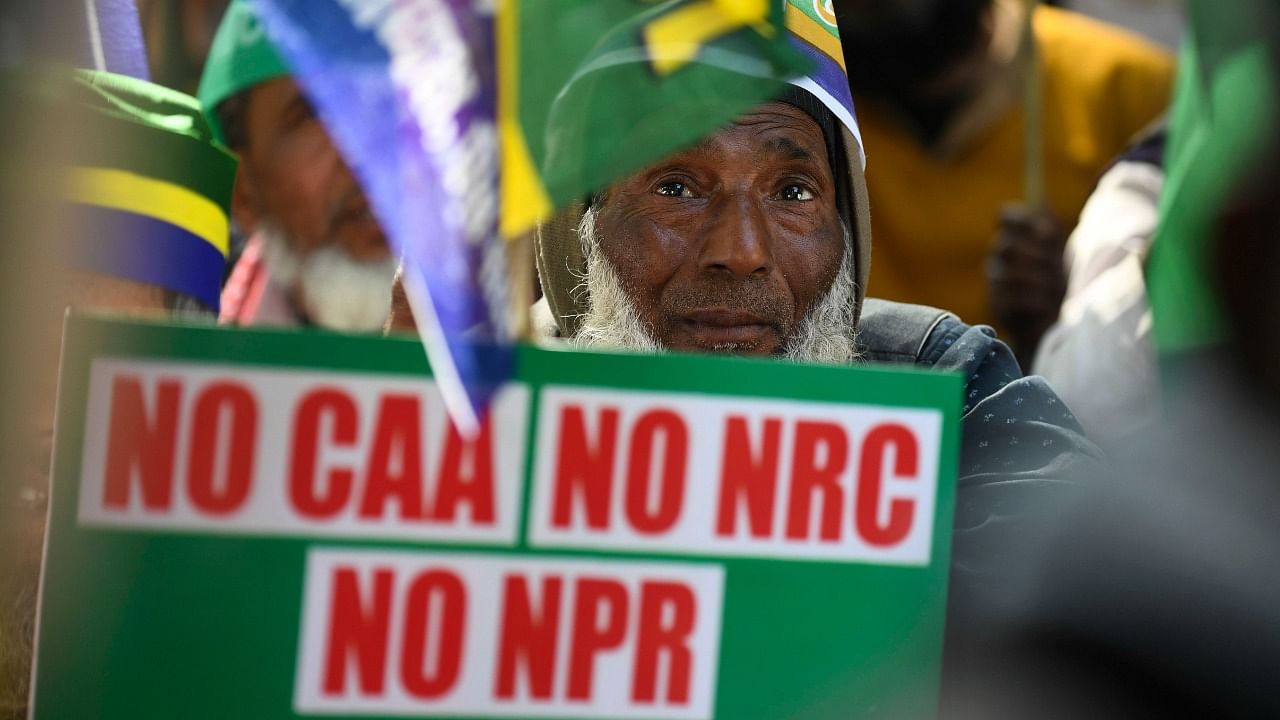
Two years have passed since the controversial Citizenship Amendment Act came into existence but the Ministry of Home Affairs (MHA) is yet to frame rules and have sought an extension for the sixth time from a Parliamentary committee for the exercise.
The Citizenship Amendment Act was passed by Parliament on December 11, 2019 and signed by the President the next day. The government notified it on January 10, 2020.
The Opposition had risen in rebellion against the Bill when it came for passage in Parliament, accusing the government of introducing religion as criteria for citizenship. It also resulted in huge protests across the country, amid accusations that it was aimed at targeting Muslims.
With the MHA not notifying the rules, the Act that grants Indian nationality to non-Muslim migrants from Bangladesh, Pakistan and Afghanistan cannot be implemented.
The MHA had first sought an extension in mid-July 2020. The MHA sought four more extensions and the latest one ended on Monday.
Sources said the MHA has once again written to Parliamentary Standing Committees on Subordinate Legislation in Lok Sabha and Rajya Sabha seeking another extension.
According to the Manual of Parliamentary Procedure, rules have to be framed within six months from the date on which the statute came into force.
"In case the Ministries/Departments are not able to frame the rules within the prescribed period of six months, they should seek extension of time from the Committee on Subordinate Legislation stating reasons for such extension; such extension being not more than for a period of three months at a time. The request should be made after obtaining the approval of the Minister," the manual said.
According to the report of the Joint Committee of Parliament that vetted a previous version of the Bill, there were 31,313 people belonging to minority communities from these countries will be "immediate beneficiaries", as they had been given Long Term Visas on the basis of their claim of religious persecution in their respective countries and want Indian citizenship.
Among 31,313 beneficiaries, the Intelligence Bureau told the panel that 25,447 are Hindus, 5,807 are Sikhs, 55 Christians and two each are Buddhists and Parsis.
For citizenship, the IB said, they will have to prove that they came to India due to religious persecution. "If they had not declared so at the time of arrival in India, it would be difficult for them to make such a claim now. Any future claim will be enquired into, including through RAW before a decision is taken," the IB had told the panel.
Check out latest DH videos here
